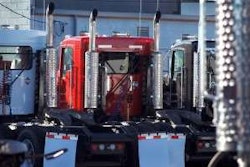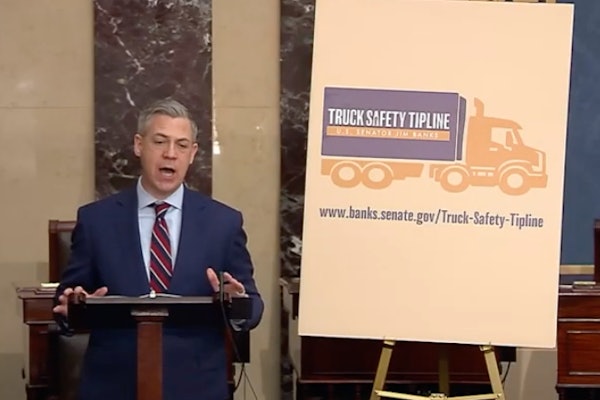
The U.S. Department of Transportation signed an agreement with the Colorado Department of Transportation for $10 million in American Recovery and Reinvestment Act funds to extend HOV and bus lanes on U.S. 36 between Denver and Boulder, Colo.
“Grants like this will help make Denver more livable by solving congestion problems that have been years in the making,” U.S. Transportation Secretary Ray LaHood says. “The projects chosen will create jobs, strengthen the economy and, ultimately, improve quality of life in communities they serve.”
The grant is part of the Transportation Investment Generating Economic Recovery, or TIGER, grant program included in ARRA to promote innovative, multimodal and multijurisdictional transportation projects that provide significant economic and environmental benefits to an entire metropolitan area, region or the nation.
“These funds will help begin the work needed to ease congestion in and around Denver, and give drivers more time to do what they enjoy,” Federal Highway Administrator Victor Mendez says.
U.S. 36, a 38-mile corridor known as the “Denver-Boulder Turnpike,” serves an estimated 100,000 vehicles each day and is one of the Denver metro area’s most congested routes. The project includes expanded bus service, a commuter bikeway and intelligent transportation systems for electronic tolling.
USDOT announced the selection of $1.5 billion worth of TIGER grants for 51 projects as part of the one-year anniversary of ARRA on Feb. 17.











